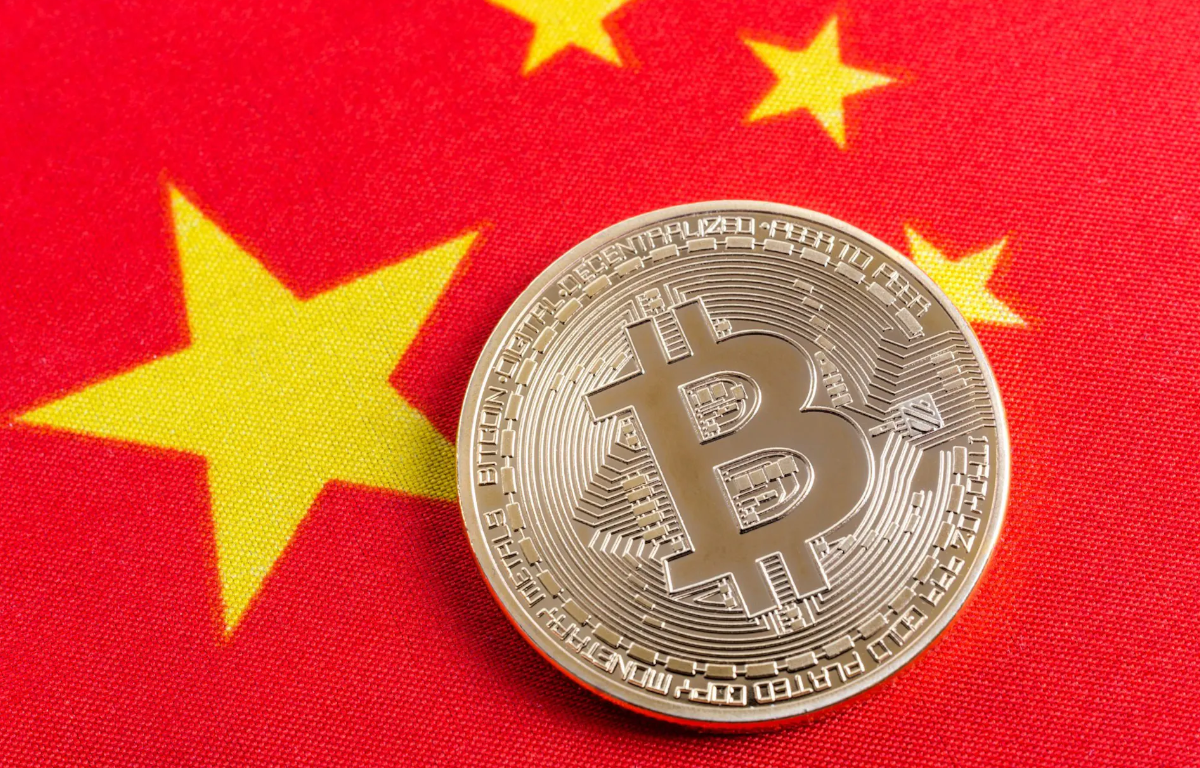
One of the primary drivers behind the economic challenges faced by Chinese consumers is the shifting consumption patterns within the country. Traditionally, China has been known as a manufacturing powerhouse, driving its economic growth. However, in recent years, there has been a concerted effort to rebalance the economy towards consumption-led growth.
This shift, while essential for the long-term sustainability of the economy, has presented short-term challenges. As the emphasis moves from exports and manufacturing to domestic consumption, there is increased pressure on Chinese consumers to bolster spending. The government’s push to encourage spending and domestic consumption has led to rising expectations and expenditure on education, housing, and healthcare.
The Chinese real estate market, once a symbol of prosperity, has turned into a source of worry for consumers. Skyrocketing property prices, especially in major cities, have made homeownership increasingly elusive for many. This has led to a generation of young Chinese individuals known as the “houseless youth” who face difficulties in affording homes.
Additionally, concerns about excessive debt levels among Chinese households have added to the economic woes. In an attempt to secure their place in the property market, many consumers have taken on high levels of debt. This has raised alarms about financial stability, particularly if the property market experiences a downturn.
The economic challenges faced by Chinese consumers are not confined within the nation’s borders. China’s position as a major player in the global economy means that external factors have a significant impact on its domestic economic landscape. Trade tensions with the United States and other geopolitical uncertainties have the potential to ripple through China’s economy, affecting consumer sentiment and spending habits.
China’s recent regulatory crackdown on its technology sector has also added to the economic uncertainties. The crackdown, which includes increased scrutiny of tech giants and a tightening of regulations, has led to a decline in the market value of many Chinese tech companies. This, in turn, has a cascading effect on investments and consumer confidence, potentially leading to reduced spending.










Share this: